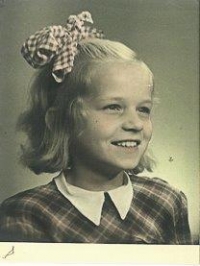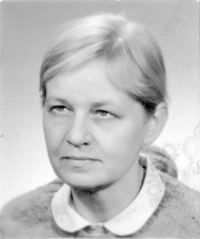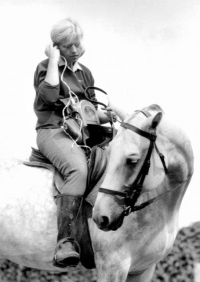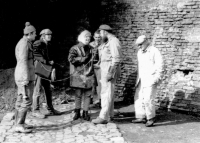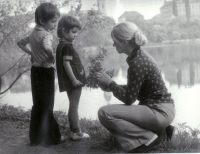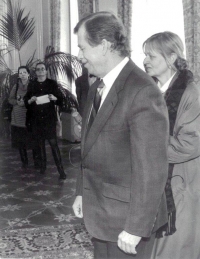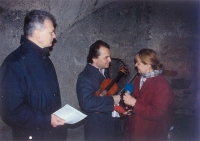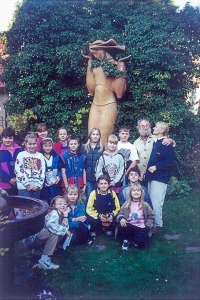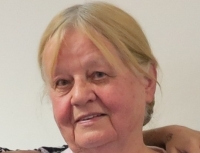She spent the occupation of 1968 on the radio, and was fired from the party due to illegal broadcasting

Download image
Jana Černohorská, née Kudrnová, was born on February 10, 1940 in Hradec Králové. She spent her childhood years during World War II - she remembers, for example, the bombing of the Semtín explosives factory near Pardubice. She studied Russian-Czech at the University of Russian Language and Literature. Immediately after her statesmen, she joined Czechoslovak Radio as an editor. During the occupation in August 1968, she participated in illegal broadcasting. Because of this, she was expelled from the Communist Party. Due to her pregnancy, she kept her place on the radio for some time. In 1975, however, she left Czechoslovak Radio, but could not find a job. For example, she worked as a technical editor, later as a teacher. After the Velvet Revolution, she returned to radio. She taught for a while before retiring. At the time of the filming of the interview (2019), she lived in Říčany near Prague.
